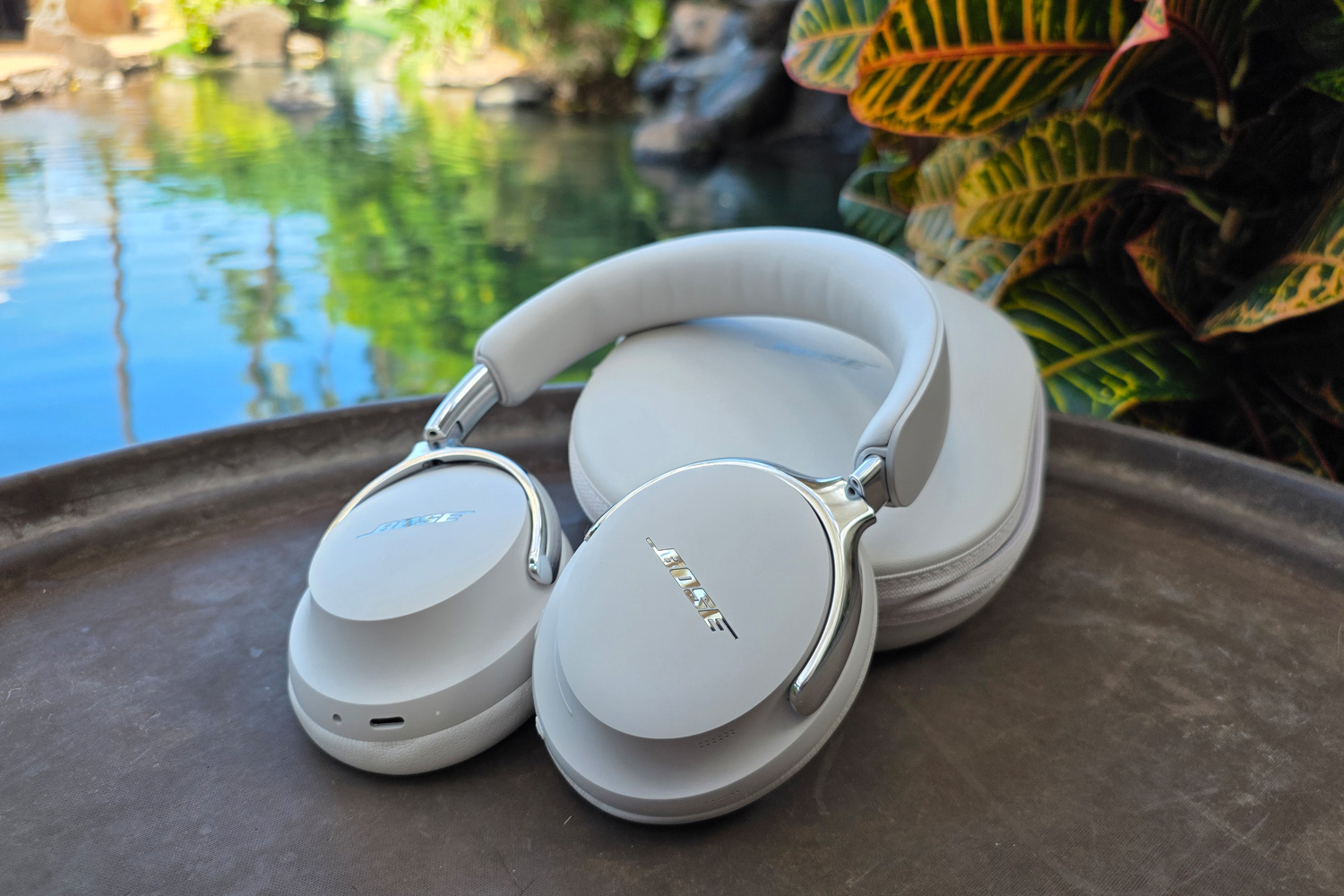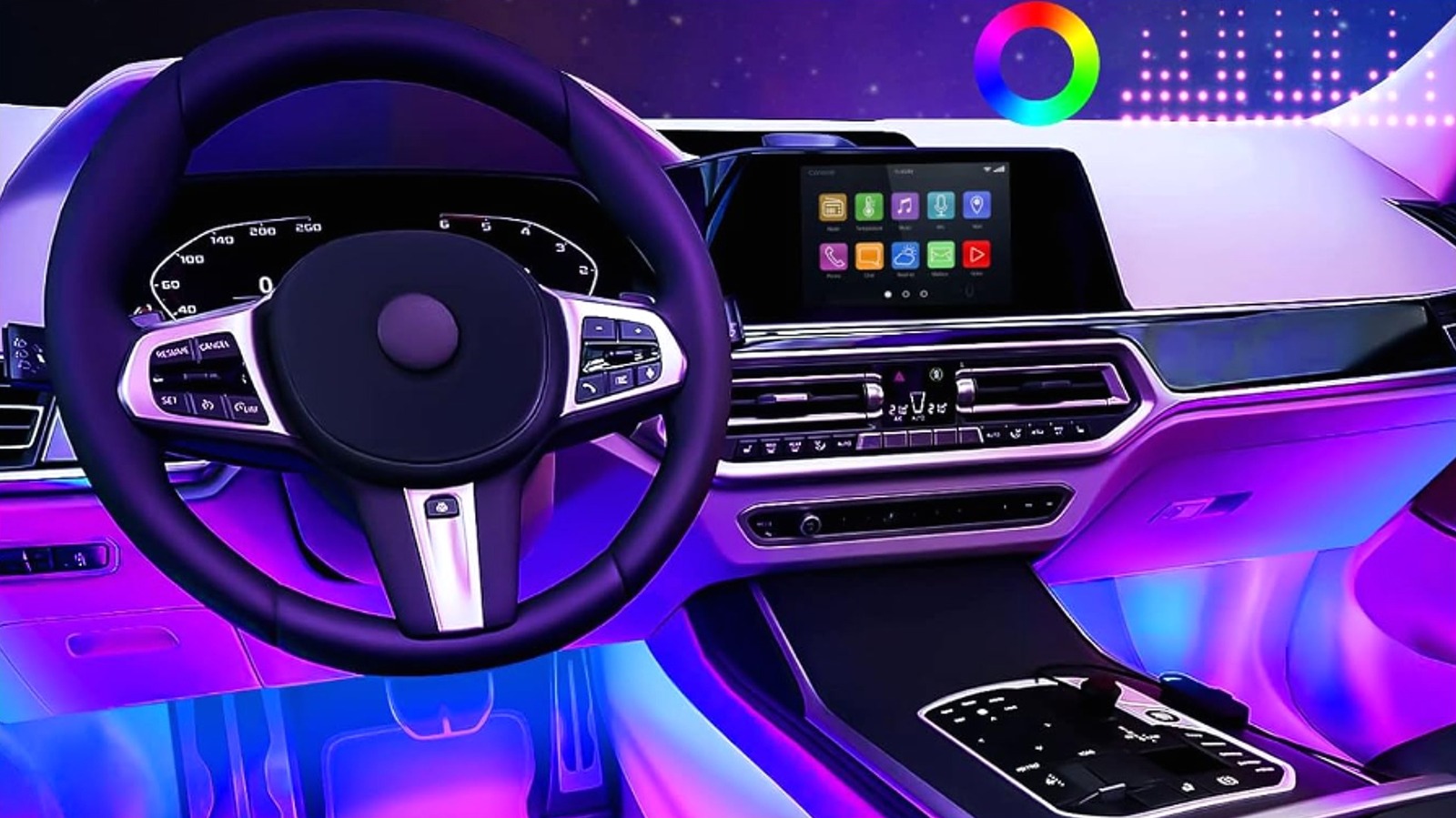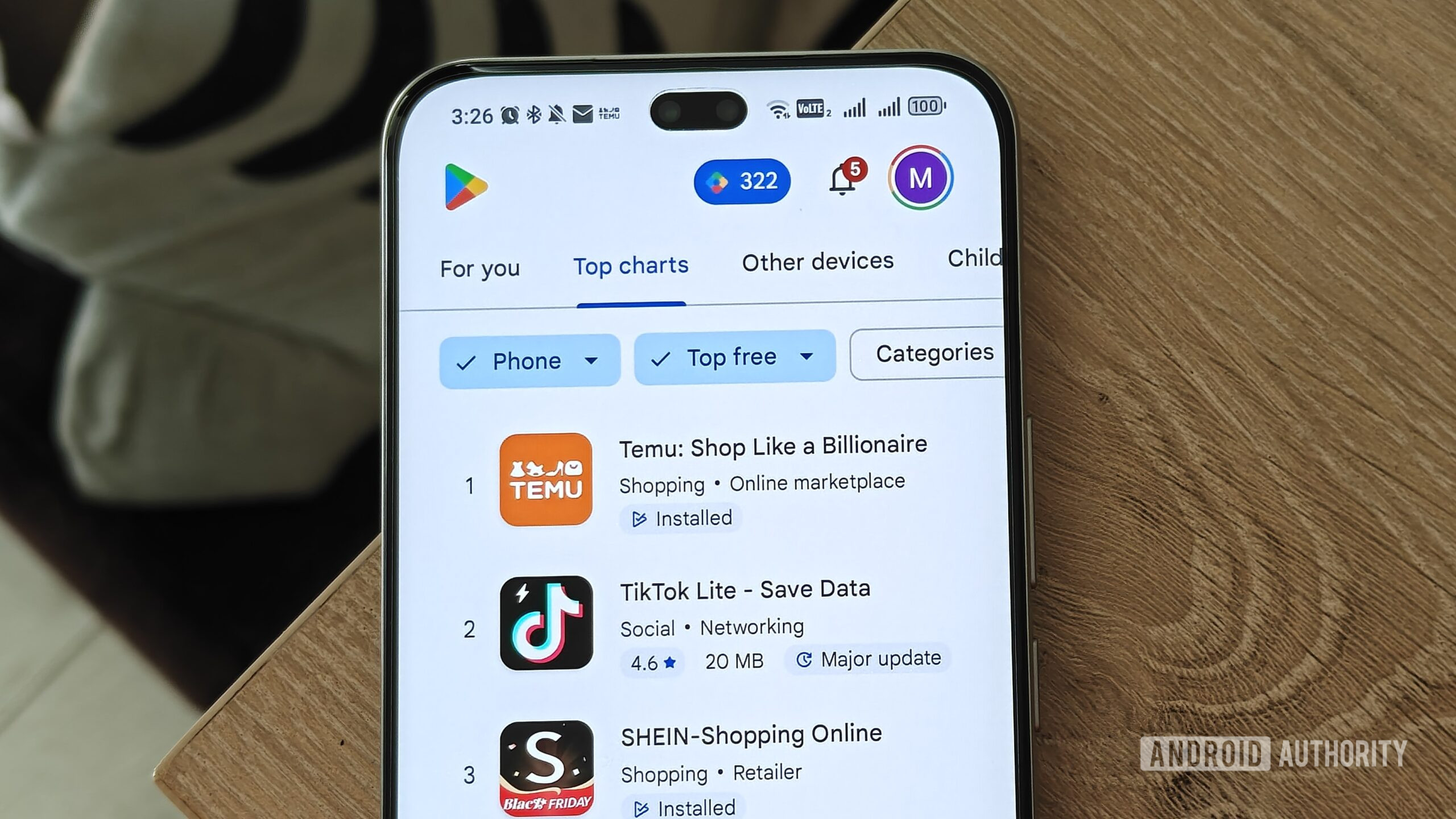Huawei-backed EV maker Aito became the biggest seller of electric vehicles among the younger players in China’s competitive auto market in June, outselling Li Auto for the first time this year and posting figures just behind those of established players such as BYD and SAIC, the latest data showed. Li Auto actually saw a significant decline in June sales, while Great Wall Motor and NIO saw a recovery in EV demand.
Why it matters: The June figures complete the picture of Chinese automakers’ performance in the first half of 2025, a period when they have come through a lot of ups and downs due to volatile market conditions. Some are seeing lower-than-expected half-year sales growth amid the struggle to scale back their intelligent driving ambitions and pressure to put an end to their repeated price cuts.
READ MORE: China’s EV startups reportedly set ambitious sales targets for 2025
Details: The Harmony Intelligent Mobility Alliance (HIMA) said on Tuesday it achieved its highest monthly EV delivery rate with nearly 53,000 units sold last month. Huawei’s automaking alliance, which includes four EV brands, has set an ambitious target of selling 1 million cars this year.
- Particularly, Aito, a brand launched by the Chinese technology giant and its manufacturing partner Seres, reported sales of 44,685 units and outsold Li Auto for the first time this year, thanks to strong demand for its newly launched M8. The family crossover competes directly against Li Auto’s L8.
- Meanwhile, Leapmotor, which markets itself as a more affordable alternative to Li Auto, outsold its bigger rival for a fourth consecutive month in June on strong demand for its RMB 109,800 ($15,317) B10 crossover. Citic Securities analysts are confident in its ability to achieve a 600,000-unit sales target this year.
- Li Auto has been hit hard by both its higher- and lower-end competitors, as its June deliveries plummeted 24% year-on-year and 11.2% month-on-month to 36,279 units. Having lowered its annual sales target, the company plans to soon roll out its second and third all-electric cars, the i8 and i6 sports utility vehicles.
- Geely posted group sales of 725,151 new energy vehicles (NEVs) from January to June, representing a year-on-year growth of 126%, although its premium EV unit Zeekr saw annual growth of only 3.2% over the same period. The group had achieved nearly half of its annual goal of selling 1.5 million NEVs as of June.
- Xiaomi’s June sales of approximately 25,000 EVs were 3,000 units fewer than what it achieved in April and May. The consumer electronics giant has struggled with production constraints, slowing production of its SU7 sedan to ramp up the delivery of its second car, the YU7, which went on sale last week.
- NIO sold nearly 25,000 all-electric cars last month when including the Onvo and firefly brands, which sold 6,400 and almost 4,000 vehicles respectively, representing an increase of 17.5% year-over-year and 7.3% from May.
- Great Wall Motor posted double-digit growth in NEV sales, jumping 39.5% in June from a year earlier.
READ MORE: Spat between BYD and Great Wall Motor intensifies as Geely, GAC join the battle
Context: China’s sales of passenger NEVs, which include all-electrics and plug-in hybrids, rose 34.1% year-on-year to nearly 4.4 million units for the first five months of this year, according to figures published by the China Passenger Car Association. The industry group expects the country’s auto market to continue its momentum in June, although car dealers face growing pressure on their cash flow, making it difficult for them to extend further price cuts.
Related











![How to Delete a Pin from Pinterest [Step by Step Tutorial] How to Delete a Pin from Pinterest [Step by Step Tutorial]](https://loriballen.com/wp-content/uploads/2022/10/how-to-delete-a-pin-from-pinterest.jpeg)
